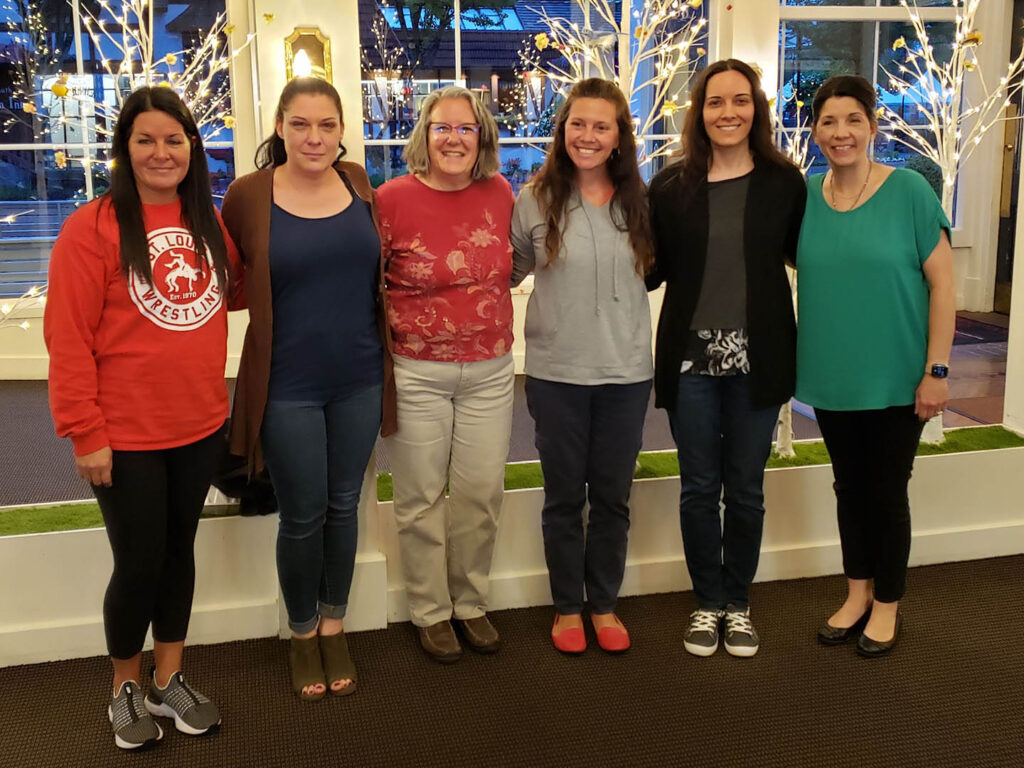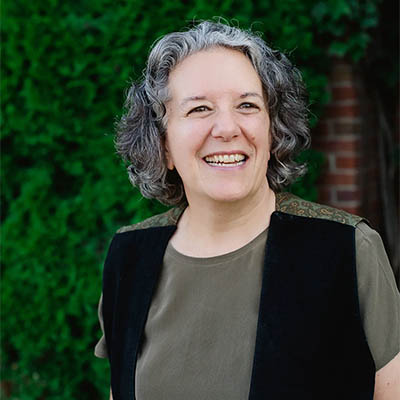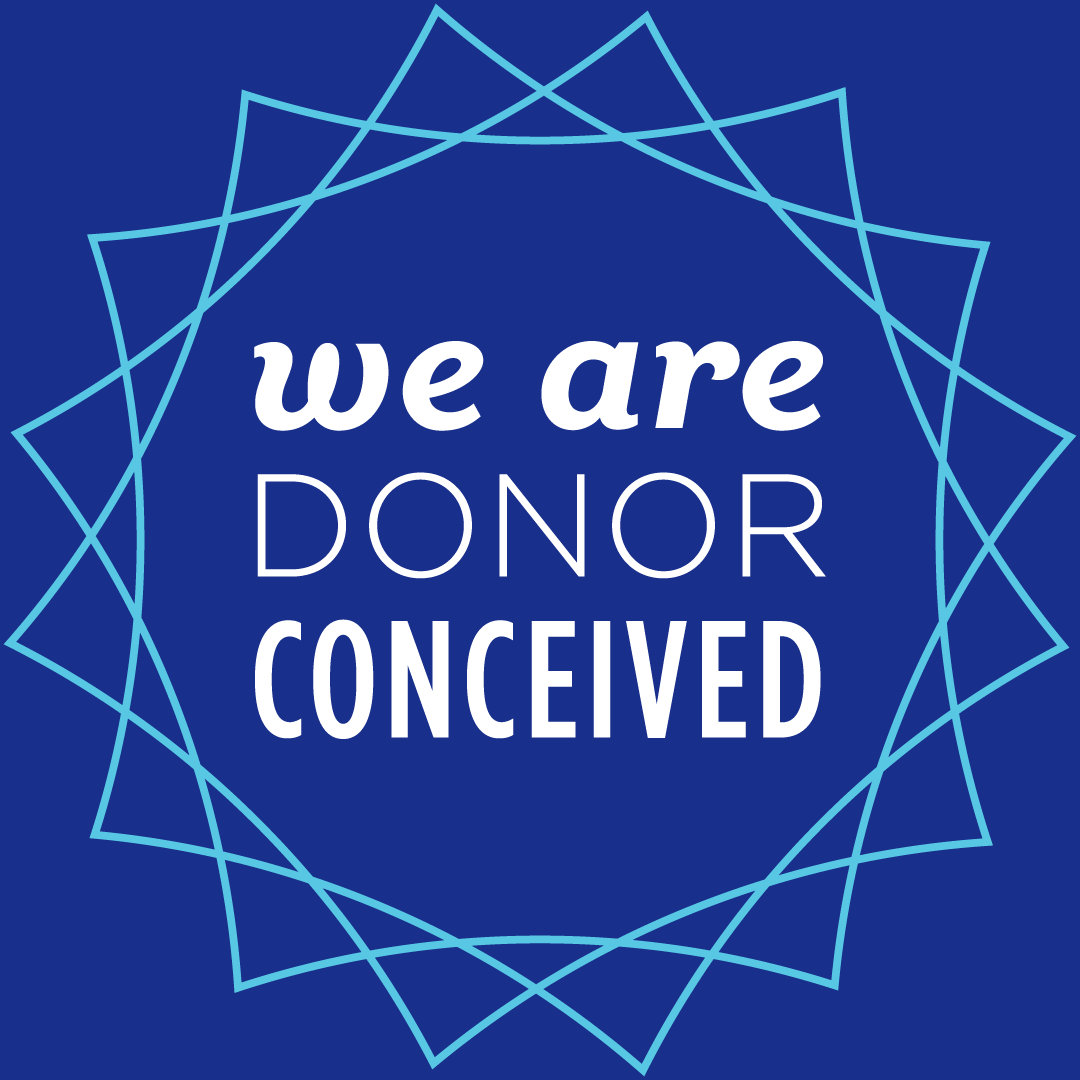By Lynne W Spencer
Early in 1993, my dad passed away. A few days later, while walking in the mall with my mother, she told me “Your father may not be your real father.” As was common in those days for couples seeking to become parents with the assistance of a gamete donor, my father’s semen was mixed with the donor’s. My parents didn’t know for sure who my biological father was, but suspected that it was the donor. Lab results (this was before commercial DNA testing) later revealed this to be true.
I was 35 years old at the time and wow, did my world change in an instant! It was a great relief initially. We knew my dad had secrets, even asked him as he was dying what he was hiding from us. All the innuendos, strange comments, conversations and arguments behind closed doors, not fitting into my family in a lot of ways…it all made sense!
As time went on, the journey became more difficult. I had so many questions. Who am I? Is that where this or that characteristic came from? Who is the sperm donor? Do I have other half siblings? I felt like my foundation had been knocked out from under me and I had to rebuild who I was.
People react differently to finding out that their parent isn’t their genetic parent. I needed to know the truth and I had to talk about it. I searched the internet and found a donor insemination support group. There were about six or seven sperm donor conceived people from around the U.S. on the calls and one donor from Detroit. These people, some of whom were 10 years older than me, understood what I was going through. There were a lot of emotions in this process: intense anger, sadness and depression, and grief. They understood because they had gone through it themselves and were among the first to “come out of the closet”, so to speak, as donor conceived people.
Since then, I have continued talking to anyone who would listen about what was happening in the donor conception world and the experience of finding out at age 35 that my father wasn’t my biological father. After going through the intensity of my adjustment process, I wanted to learn more about the psychological implications of being donor conceived.
I returned to school to get a Master of Arts in Humanistic and Clinical Psychology in 2000 at the Center for Humanistic Studies in Detroit (now called the Michigan School of Psychology). My thesis was “What is the Experience of Confronting the Reality of Being a Donor Offspring?”. Fifteen themes were found to be common among donor offspring:
15 Themes common among donor offspring
1. Secrecy – regret, anger, feeling of injustice
2. Feeling different, discomfort telling others due to lack of understanding of the donor conception experience
3. Feeling of not fitting in family, differences with social family and importance of acceptance of donor offspring for who they are
4. Identity confusion – Who Am I?
5. Search for donor and family, need for ancestral connection
6. Search for half-siblings, feeling a connection with them
7. Concern about next generation and inherited medical concerns
8. Feeling alone, having a need for contact with others and support
9. Finding support and similar experiences in adoption groups
10. Need to seek out information about donor conception
11. Positive feelings: being special, interesting, wanted, grateful to be alive
12. Negative thoughts and feelings: troubled, angry, injustice, loss, nonexistence, split feeling
13. Wanting to normalize being donor conceived, accepting the reality
14. Belief that knowledge of genetic and medical history are a birthright
15. Becoming an activist, finding a sense of purpose, duty to speak up
I found my first half brother on 23andMe in 2014 and soon after, a half sister. We are now up to 70 half siblings in our group, including the four sons of the donor. It is overwhelming to have so many siblings; I need a spreadsheet to keep track of them. This is only the tip of the iceberg. My half siblings were born between 1955-1984, a span of 30 years. We could possibly have 3,000 in our group. Frightening!
One of my brothers, who was an only child growing up, said he always wished for a big family. Every night he would pray for siblings. I had to tell him I think he prayed a little too much.
Some siblings cherish the family relationships. Others don’t want to be involved. There is a range of how people relate and connect to the whole situation. One of my brothers, who was an only child growing up, said he always wished for a big family. Every night he would pray for siblings. I had to tell him I think he prayed a little too much.

Through my evolution and healing journey, I felt ready to give back and help others with their complicated parental discoveries. After getting my MA in Clinical and Humanistic Psychology, I began counseling others working through similar discoveries.
In 2022, I expanded that mission by publishing a book that is the culmination of 29 years of personal exploration and research. Healing Journey for Your MPE Discovery includes an overview of the different stages and emotions people experience on MPE journeys, including identity confusion, existential issues, narcissistic parents, and becoming an advocate. I hope it helps people processing life-changing MPE discoveries find healing, peace, and joy.

ABOUT THE AUTHOR
Lynne W Spencer is a Masters Level Psychologist and author of Sperm Donor Offspring; Identity and Other Experiences and Healing Journey for Your MPE Discovery; A Journal for Donor Conceived, Adopted, and others with Misattributed Parentage Experiences.
Top image by OC Gonzalez on Unsplash

